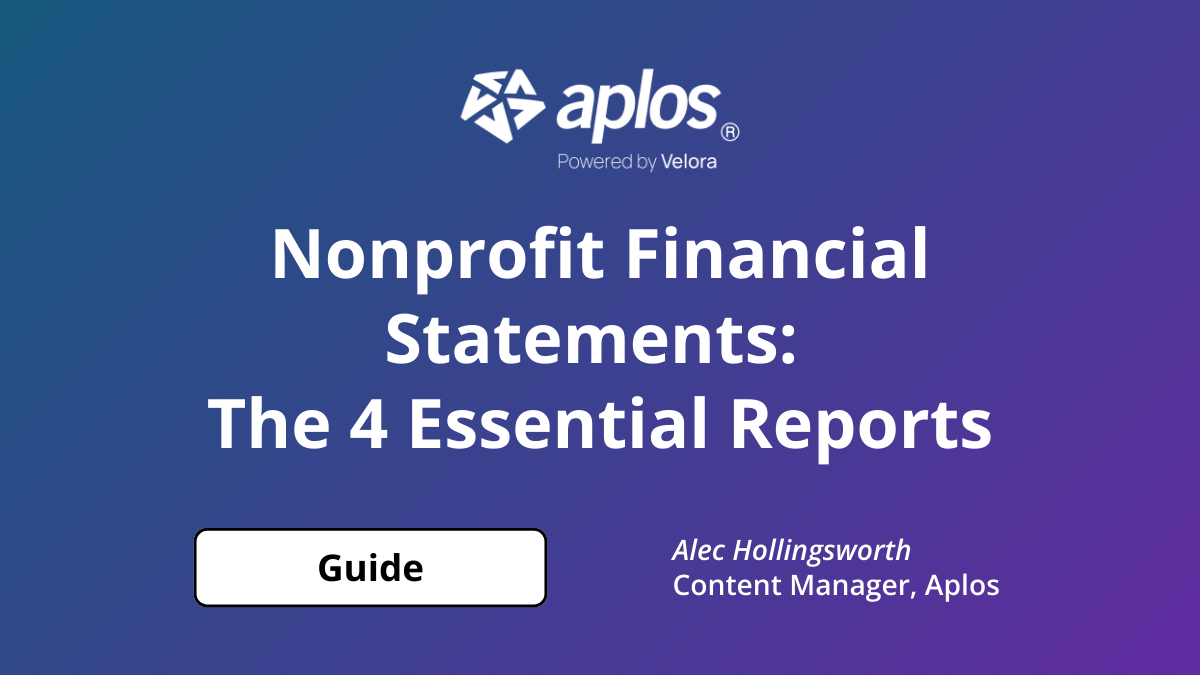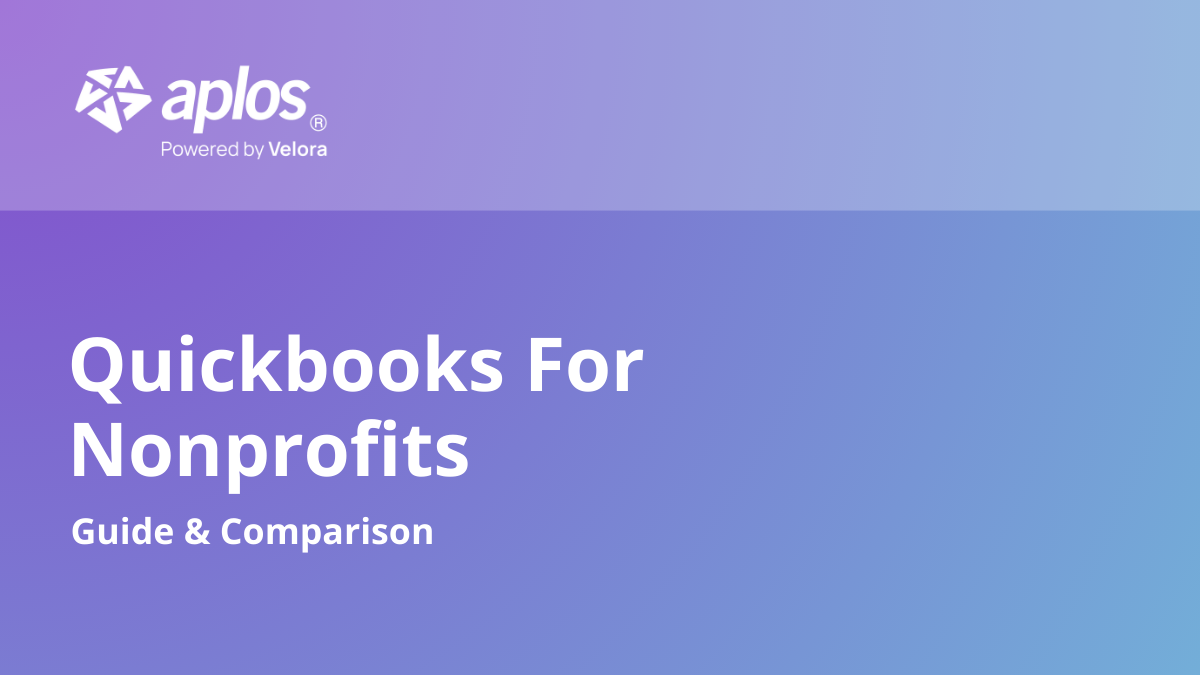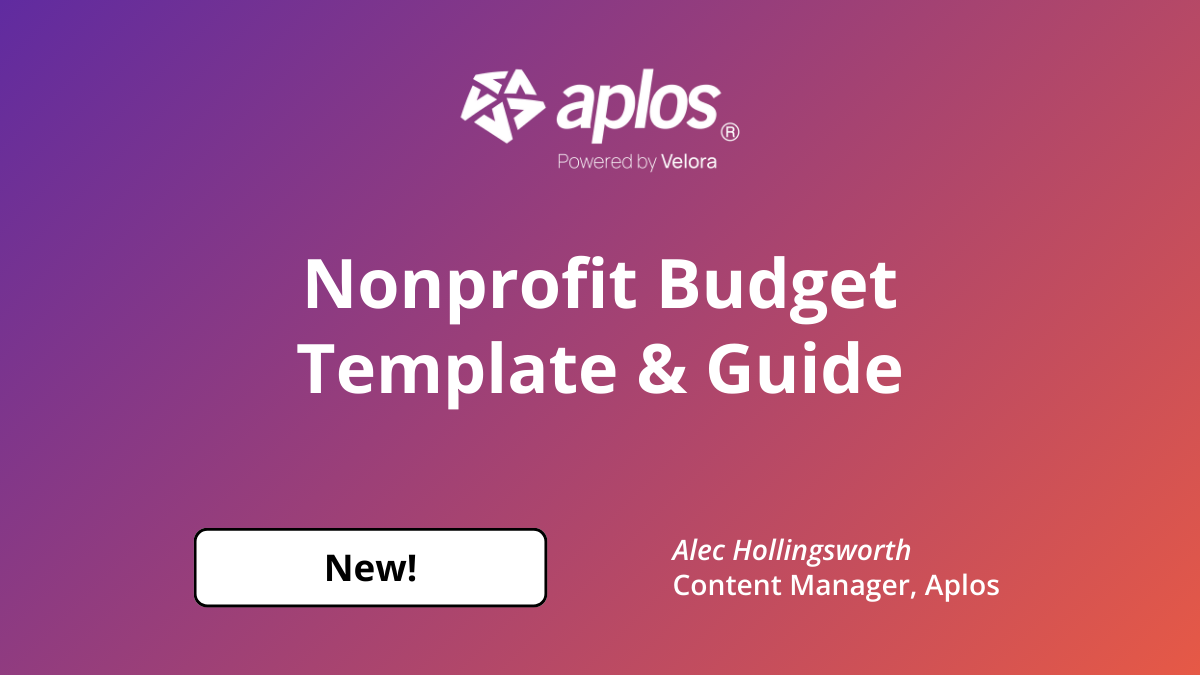
The Nonprofit Fiscal Year

What is a nonprofit fiscal year, and how is it different from a calendar year? And why does it matter?
The I.R.S. gives the following definitions:
- Calendar Year – A calendar tax year is 12 consecutive months, beginning January 1 and ending December 31.
- Fiscal Year – A fiscal tax year is 12 consecutive months, ending on the last day of any month except December. A 52 to 53-week tax year is a fiscal tax year that varies from 52 to 53 weeks but does not have to end on the last day of a month.
Now, here’s why it matters. Many nonprofit organizations simply choose to have their fiscal year match the calendar year and end on December 31. Selecting the same end date can make setting up your books and keeping track of deadlines easier. Your fiscal year end date matters because many nonprofits are required to fill out a Form 990-EZ tax prep software for nonprofits.
Choosing Your Nonprofit’s Fiscal Year
There are other considerations that may lead you to pick a different fiscal year. Some organizations are busy during the holiday season and would rather not spend Christmas vacation closing out the books.
Many nonprofits find attendance at their fundraisers and other events roughly follow the school year. For example, families generally fall into a routine during the school year and are more likely to go on vacation in the summer months. This leads some nonprofits that work with schools to select a fiscal year that ends in the summer in order to close out their books at a relatively slow time of the year. It also more accurately reflects their nonprofit’s financial activity, which is a good reason to have a fiscal year that is different from the calendar-year end.
Whatever fiscal year you pick, whether it matches the calendar year or not, is up to you and should match the needs of your nonprofit. You can change your fiscal year by filling out an IRS Form 1128. Each state is different, so check your state’s requirements for changing your nonprofit’s fiscal year end.
What considerations went into selecting your fiscal year? Join the discussion on Twitter @Aplos_Software.
Good luck, and remember this blog is just a helpful resource and is not meant to be a substitute for professional services. Always consult a CPA or trusted professional when seeking tax or accounting advice.

Our comprehensive closeout services start at $399 per month that needs to be reconciled. Sign up before Jan 1st and pay just $199.50 per month!
Copyright © 2025 Aplos Software, LLC. All rights reserved.
Aplos partners with Stripe Payments Company for money transmission services and account services with funds held at Fifth Third Bank N.A., Member FDIC.
Copyright © 2024 Aplos Software, LLC. All rights reserved.
Aplos partners with Stripe Payments Company for money transmission services and account services with funds held at Fifth Third Bank N.A., Member FDIC.



.png)



